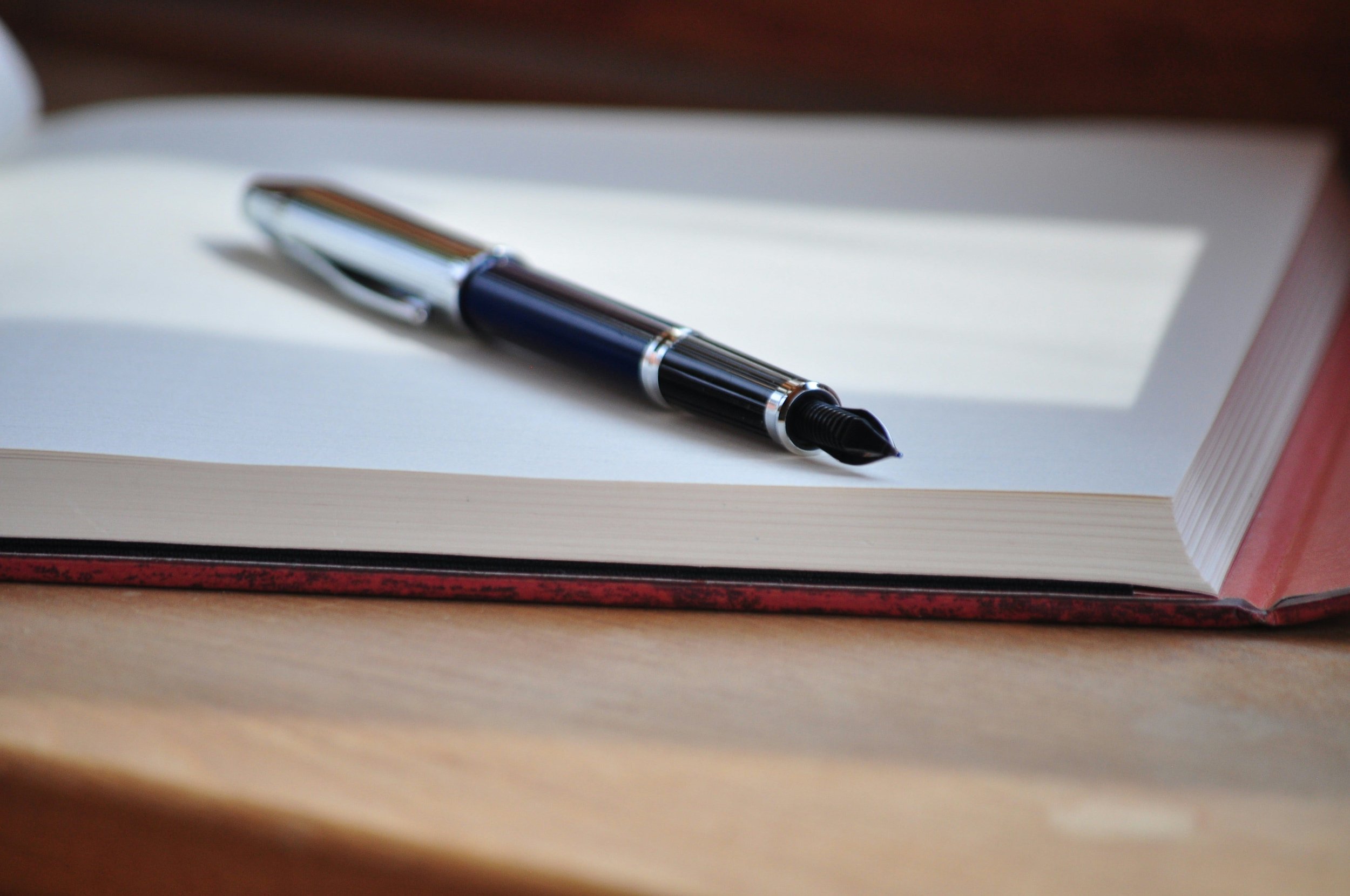My Brain Dump
As the typing starts for this issue I am sitting in my office with nothing on my calendar or to-do list but this: Write. I have all the time I need and I don’t have anything I want or feel the need to say. Here is the quote that has appeared in my mind as I sit here… From James Clear: “Don’t wait to start writing until you have something to say. Start writing so you can find out what you have to say.”
Sigh! Here goes…
I discovered the value of journal writing over 35 years ago, back in the 1980s. Back then, I used the journal as a place to get thoughts out of my head and onto paper. I have heard it said that you really don’t understand it if you can’t write it, and I believe that. If what you write is, well, “garbage”, then whatever is floating around your head probably is too. When you can figure out how to articulate clearly, in writing, what is going on in your head, then you will have (greater) clarity. I still value journal writing for that purpose. But not everything I write is necessarily about garbage floating around inside my head. Often, I have great clarity that I have some sort of challenge. It could be a problem or an opportunity, and I understand exactly what it is, but I do not yet have a decision, course of action, or a plan for addressing it that is sufficiently compelling for me to act. So, I just put it on paper, all the thinking on it, and use the journal as a workspace to work on it. Reading the thoughts, the options, the ideas, is different than having them banging around in your head. Sometimes, simply writing the thoughts out and looking at them brings a great deal of clarity, even resolution. (This is sometimes because some of my thoughts are, well, stupid. Seeing them in print reveals that.)
The other thing that happens in the pages of my journal is a brain dump. I don’t usually include that I need to do laundry after my bike ride or that I think I’ll go to that new place for lunch today. There is nothing really wrong with that, per se, and I know some people do it and find it helpful to get it out of their heads. But I often write about the various impulses/thoughts that are floating around inside of me that just seem to appear. I record them. When I go back and read the journal entries from the past year, I sometimes discover that some impulse of thought is appearing multiple places, perhaps each time in a different context and in a way that doesn’t call attention to it. However, when the thought or idea keeps appearing during an annual review, it catches my attention and, usually, it turns out to be something important. (Indeed, anytime I’ve needed a “what’s next?” for my Life, it originated in just that way).
If you are already an experienced journal writer, none of this is a surprise to you. It is a super powerful tool. For those of you who have not yet started journal writing, read on for some suggested tips and resources to ease into it.
It is generally considered best to write in a journal longhand, on real paper, in a book dedicated to that purpose. I will add that using an old-fashioned fountain pen is also helpful. You can’t write fast with a fountain pen. It makes you slow down, or the ink just won’t flow fast enough. As I said, I started journal writing over 35 years ago and I did it at that time on my computer in a WORD document. My initial journal writing was all around a very significant internal conflict I was having regarding my spiritual journey (or lack thereof). So, I actually titled my WORD docs “Conversations with God” and wrote them in that context.
Somewhere along the way I read a book by Julia Cameron entitled “The Artist’s Way”, subtitled “A spiritual path to high creativity.” The fundamental tool in this book is a form of journal writing, which she calls “Morning Pages”. The idea is that you get up in the morning and write 3 pages of brain dump, longhand, before you do anything else. I started naming my journals “Morning Pages” and the context from which I wrote also changed. I usually suggest writing morning pages as a great place to start for those who have never written in a journal before.
If you go on YouTube and search for journal writing, you will find plenty of help. You will find that virtually all will say that to get the maximum benefit from journal writing it is important to do it regularly, daily. Ideally, it is also valuable to do it at the same time every day, often when you first get up or just before going to sleep. When I started journal writing, I often did it at 2 or 3 AM in the middle of the night. I would get awakened and couldn’t get back to sleep until I went downstairs to the computer and wrote. I am not recommending that (!), but I had great regularity with that approach for a long period of time. My point is that there is no one right way to do it. Don’t hesitate to experiment. And, when you are not sure what to write, remember what James Clear had to say,
“Don’t wait to start writing until you have something to say. Start writing so you can find out what you have to say.”
If you found this issue helpful and want to hear more from Greg, be sure to subscribe to his podcast, Pants Around Ankles Prevention, where each episode delivers a punch of truth to help you wake up, gain perspective, and live with greater clarity and purpose. Listen and subscribe now on Apple Podcasts or YouTube.
This issue was originally published by Greg Hayne on Substack.


